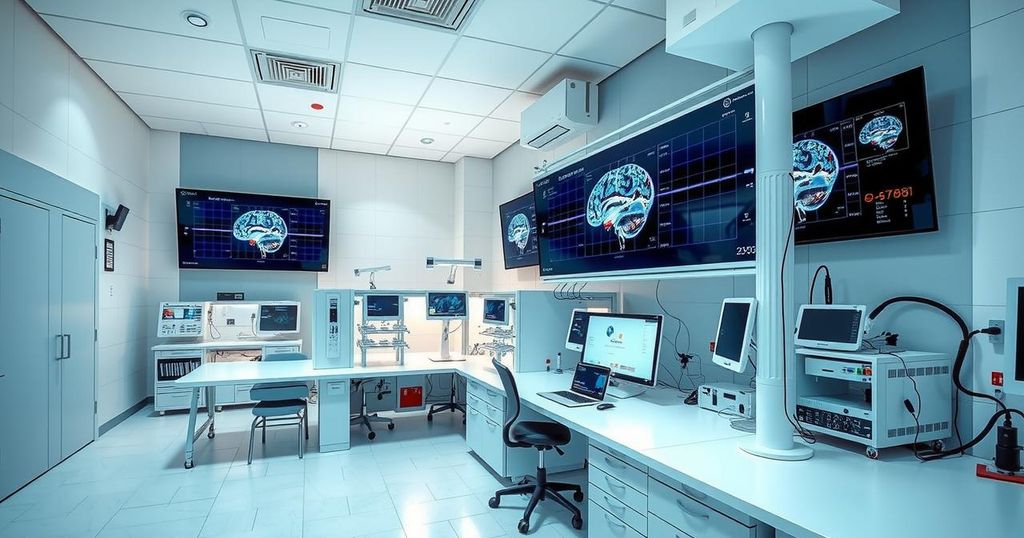Celebrity
AFRICA, ASIA, BEIJING, CAPE TOWN, CHINA, CNN, CNN WORLD NEWS, COSTA RICA, ENTERTAINMENT, EUROPE, GAZA, GAZA STRIP, INDIA, IRAN, IRELAND, LIBERIA, LONDON, MEXICO, MUSK, NEWS, NORTH AMERICA, NORTH KOREA, PHILIPPINES, PRIZES, RANKINGS, SOUTH AFRICA, STREAMING, TAMIL NADU, UK, UNITED KINGDOM, US, ZIMBABWE
Fatima Alavi
0 Comments
China’s Brain Technology Rivals Musk’s Neuralink
- Chinese researchers are gaining ground in brain technology.
- CNN investigates China’s advances to rival Musk’s Neuralink.
- Commercialization is a key focus for China’s brain technology.
- Expert opinions suggest China might lead future breakthroughs.
- Practical applications of neuroscience are expanding in China.
China’s Ambitious Approach in Brain Technology
In a notable development in the evolving field of brain technology, researchers in China are making strides that some believe could potentially overshadow efforts from established leaders like Elon Musk’s Neuralink. A recent report from CNN, led by Kristie Lu Stout, highlights how scientists at a Beijing brain research laboratory are not just innovating but also rapidly commercializing their breakthroughs. It seems that while the US has often been perceived as the epicenter of technological advancement, China is fast catching up in the race to apply these innovations on a larger scale.
Comparative Insights with Western Developments
The lab’s endeavors are indicative of a broader trend where Chinese scientists are leveraging years of investment in artificial intelligence and neurotechnology. This is especially significant given the historical context; the US has long dominated this arena with robust funding and advanced research facilities. Yet, experts are now pointing out that China’s commitment to integrating these technologies into everyday applications may give it a critical advantage moving forward. The implications for global health and neuroscience advancement are profound, with potential applications ranging from treating neurological conditions to enhancing cognitive abilities in individuals, raising both excitement and ethical concerns.
Potential Impact on Global Neuroscience Industry
Access to the lab has provided a unique glimpse into the groundbreaking work occurring in China, which could lead to significant advancements in mental health, rehabilitation, and brain-computer interfaces. Compared to Neuralink, which focuses on extreme innovations like direct brain implant technologies, Chinese researchers appear to be concentrating their efforts on practical applications that could be rolled out to the public much sooner. This dual-track approach — pioneering while also focusing on commercialization — could set a new standard in the competitive landscape of neuroscience, prompting an evolution in how these technologies are viewed and employed.
To conclude, China’s advancements in brain technology pose serious competition to initiatives like Neuralink. Researchers in Beijing exemplify a shift towards commercial application of neurotechnological innovations, raising importan ethical questions. As this industry continues to evolve, the implications for mental health treatments and cognitive enhancements are vast, potentially reshaping our understanding of what brain technology can achieve.




Post Comment